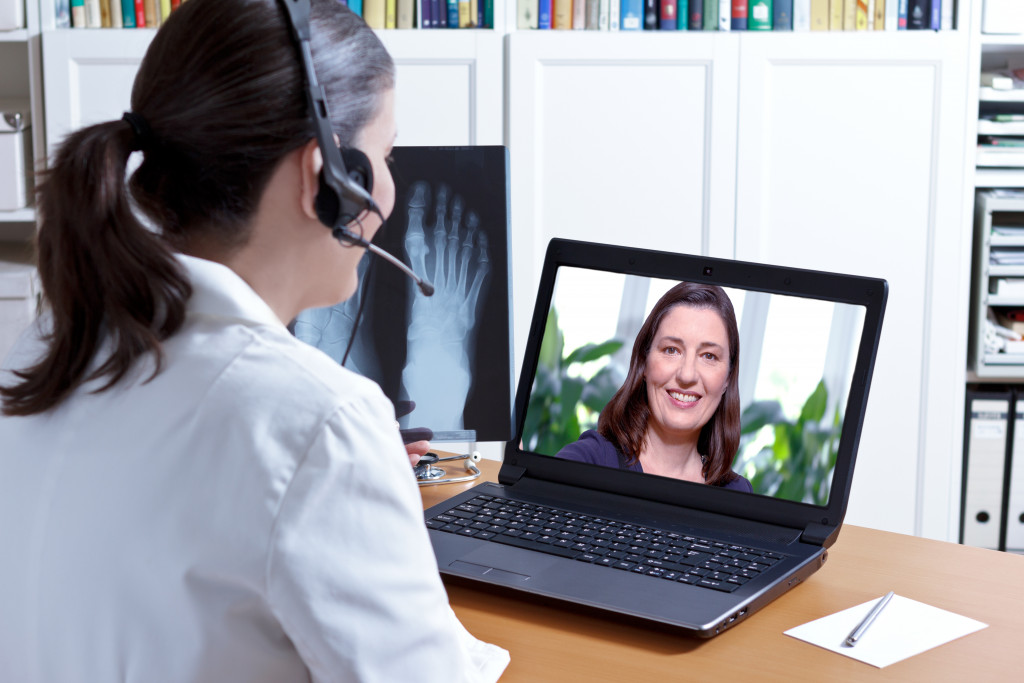Therapy can be quite pricey, but being broke shouldn’t be an excuse for you not to get the help that you need. Depression and anxiety need constant medical attention, so a hefty price tag shouldn’t scare you off from considering all the other options available to you. You don’t have to shell out an exorbitant amount of money to find mental health services that will treat your condition, you just need to know where to look. To help you get started, here are a few alternative therapy options that won’t break the bank for you to take into account.
Teletherapy
Although telehealth therapy services have been around for a while, it’s only now that the rest of the world is catching up to it. Due to the current global crisis, mental healthcare professionals have had to rely on conducting virtual therapy visits since social distancing guidelines dictate that standard face-to-face ones aren’t safe. Most teletherapy options are less costly than traditional therapy, and some insurers have now decided to temporarily waive copays to make these services more accessible during this time when people need it most.
Group Therapy

If you’re used to group sharing environments, group-based therapy and peer-led groups are both great cost-effective options for you. But even if you aren’t, it’s still worth it to consider them. You can find many local health centers and clinics that offer these kinds of therapy sessions for a very low price. Sometimes, they’re even free. Both of these formats give you the opportunity to meet with other people who are experiencing the same things as you. You get to hear their own experiences and share your own without judgment. Having this kind of support network could be incredibly helpful for you if you’re feeling lonely and isolated.
Clinicians-in-Training
Most universities have graduate clinics that offer therapy sessions with graduate students who are training to be licensed psychologists and therapists. They’re guided by experienced professionals, so you have nothing to worry about. These sessions are either free or very affordable, with fees as low as $5. If you’re a student, you may also be entitled to free or discounted therapy sessions with your on-campus counselor or therapist.
Employee Assistance Program (EAP)
EAPs are work-based programs that provide confidential short-term counseling and health assessments to employees who are experiencing personal and/or work-related problems. These services are free, and can address a wide range of problems — from stress to alcohol abuse — but they’re not recommended if what you need is a long-term solution.
Slide Scale Therapists
Sliding scale therapists are counselors, therapists, social workers, and psychologists who adapt their hourly fees to accommodate the financial needs of their clients. It usually depends on the medical professional who qualifies for these reduced fees. Most people who qualify for this type of therapy are those who are paying for their sessions out-of-pocket, are receiving income at below the Federal Poverty Level (FPL), or have a certain number of dependents with them. ;
Not being able to afford treatment for your mental health issues shouldn’t deter you from seeking out alternative options to get the help you need. Keep these affordable and accessible choices in mind the next time you need to seek help for your problems.

